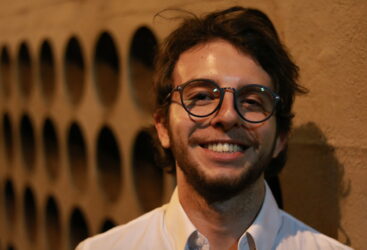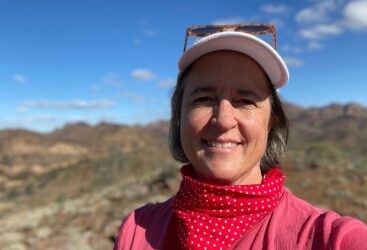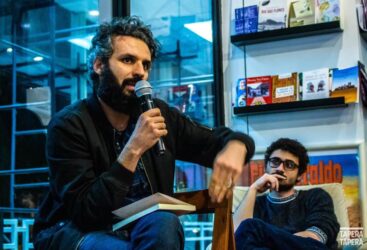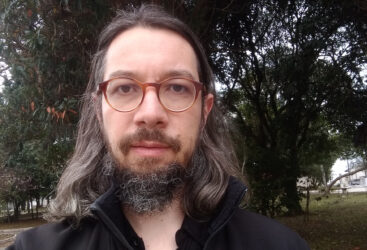Guided by Aman Bardia
🄴🄽
Commons-based approaches are being adopted by cooperatives and other cultural organizations. These strategies are based on the sharing of resources and knowledge for the common good. Commons-based strategies have helped to preserve billions of images, and they may be equally effective in protecting the rights of artists. Platform cooperatives appear to be well-suited to approaches based on commons as they may improve the lives of cultural workers by pooling resources and knowledge.
How You Can Help to Preserve Billions of Photos
In 2022, Flickr Inc. established the Flickr Foundation to preserve its corpus of billions of images. The Foundation values community ownership of these photographs and seeks to preserve them for the next 100 years. They plan to do so in part by educating the general public on how to protect art and culture by emphasizing the importance of the preservation of recent digital histories. To that end, the Flickr Foundation will apply Commons theory to propose policies that prepare this vast collection more deliberately for the future public domain, and prevent unauthorized use of images stored on its site. ICDE fellow George Oates is presenting this important work.
🄴🄽
Equity for Brazilian Artists: A Critical Study of Platform Coops
Brazil has a rich cultural heritage and an abundance of creativity, but it also has significant levels of inequality, making it difficult for artists to find affordable studio space and make a living from their art. Victor Barcellos’ ICDE fellowship report investigates how platform cooperatives improve working conditions for artists in the country. They can, for instance, serve as online marketplaces for artists, granting them greater autonomy and control as well as more equitable compensation. By recognizing art as a public good, such platform cooperatives can also help to make art accessible to all. In this way, platform coops and the free culture movement can work together to help sustain the Brazilian arts community.
🄿🅃
The Power of Commons-Based Strategies for Cooperatives in the Global South
What are the possible connections between commons and cooperatives? Drawing from his research on commons theories and practices, Miguel Said Vieira argues that cooperatives can become more impactful and inclusive by understanding and employing commons-based strategies, particularly in the Global South. A commons-based approach would provide them with access to a wealth of resources and knowledge, as well as the ability to engage in collective action. Finally, Vieira argues that theories of the commons can inspire new models for cooperative decision-making that are more responsive to the needs of members.
🄿🅃
Can Free Culture Save the Day for Platform Coops in the Cultural Sector?
In recent years, resistance to the commodification of culture has picked up steam. Leonardo Foletto is one of the most prominent figures in this movement, also known as the free culture movement. In his new book, Culture Is Free: A History of Anti-property Resistance, for which Gilberto Gil wrote the introduction, he discusses the role Creative Commons can play in the free culture movement. Creative Commons is a non-profit organization that offers a set of copyright licenses that enable creators to share their work without relinquishing all of their rights. This can be a useful tool for creators who wish to make their work accessible to the public while retaining control over its usage. Finally, Foletto ponders how the free culture movement could inspire platform coops in the cultural sector.
🄿🅃
File Swap
Would you like to dig deeper, learn more about the discussed topics, or have documents to share? Download PDFs of the presentations, background readings, and/or upload your own materials to this folder
Speakers
-

Victor Barcellos Ph.D. student, Federal University of Rio de Janeiro
-

George Oates Executive Director & Founder, Flickr Foundation
-

Aman Bardia Assistant Director, Platform Cooperativism Consortium
-

Leonardo Foletto Professor, School of Communication, Media and Information, FGV
-

Miguel Said Vieira Professor, UFABC (Brazil)